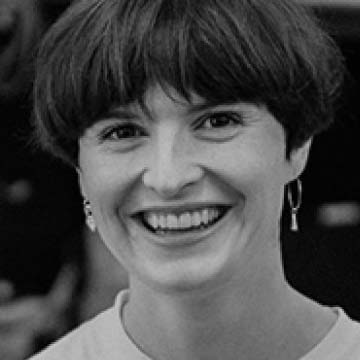New HBO series goes inside Natalie Portman’s LA soccer club Angel City
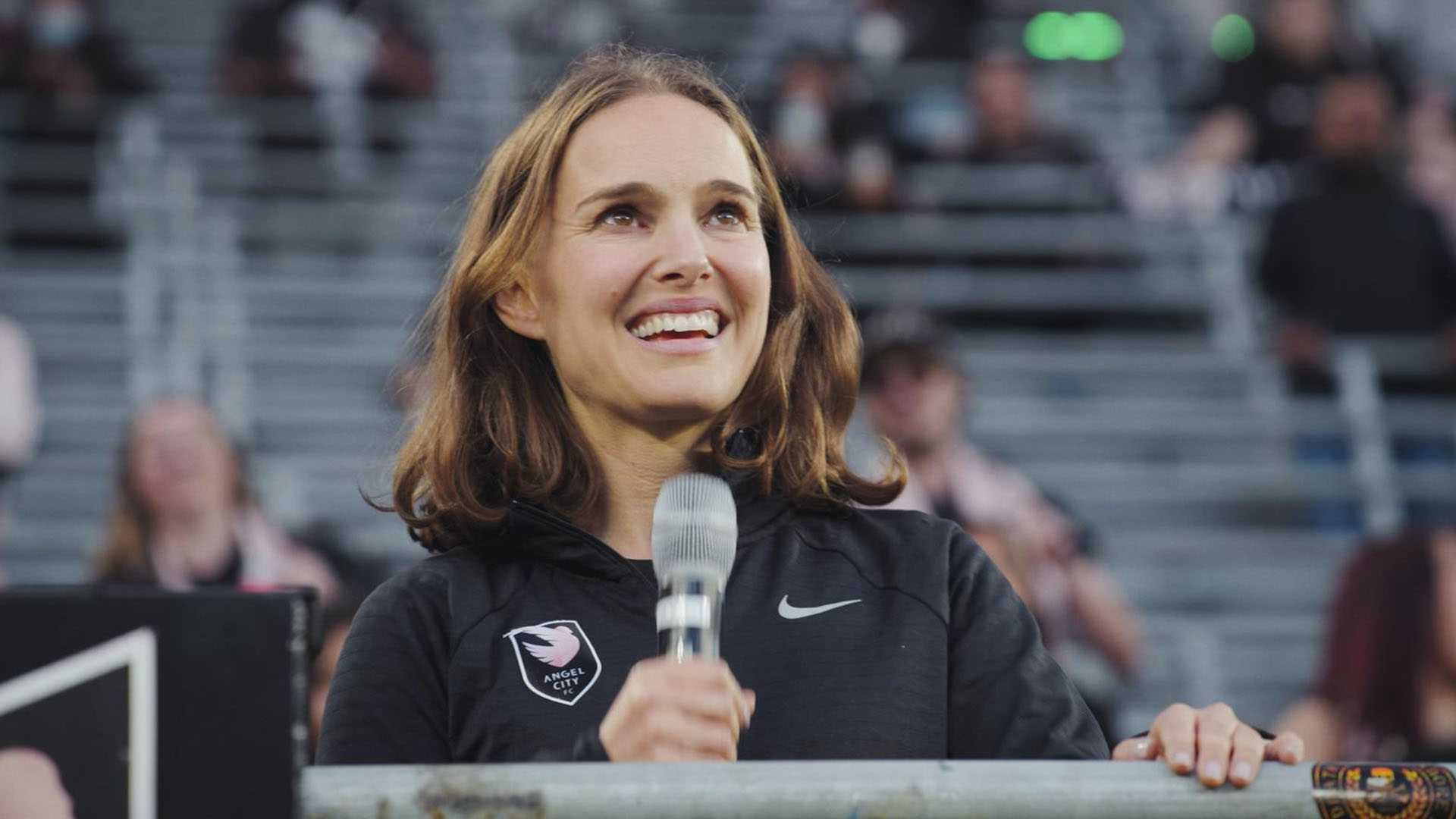

Los Angeles’ new professional women’s soccer club gets the HBO docuseries treatment in Angel City – streaming on Neon. As the 2023 FIFA Women’s World Cup approaches, it feels fitting – not to mention refreshing – to finally have the narrative spotlight thrown on women in the sport, says Rachel Ashby.
The origin story of Angel City FC is about as Hollywood as it could get for a sports team. Based in Los Angeles, the professional women’s soccer club was co-founded by actor and activist Natalie Portman (Black Swan, V For Vendetta), venture capitalist Kara Nortman and tech entrepreneur Julie Uhrman with a singular vision to change the culture of professional women’s soccer from the ground up. With investment from the likes of A-list celebrities and former soccer stars, Angel City FC is the largest woman-led professional sports ownership group.
The fascinating story of the club’s genesis is documented in Angel City, the new three-part HBO Original series from director Arlene Nelson (Secrets of Playboy). Across the pandemic soccer mania has taken the mainstream television landscape by storm, thanks in big part to the popularity of shows like Ted Lasso and Ryan Reynolds and Rob McElhenney’s Welcome to Wrexham. Less than a month out from the kick-off of the 2023 FIFA Women’s World Cup hosted in New Zealand, it feels fitting—not to mention refreshing—to finally have the narrative spotlight thrown onto women in the sport.
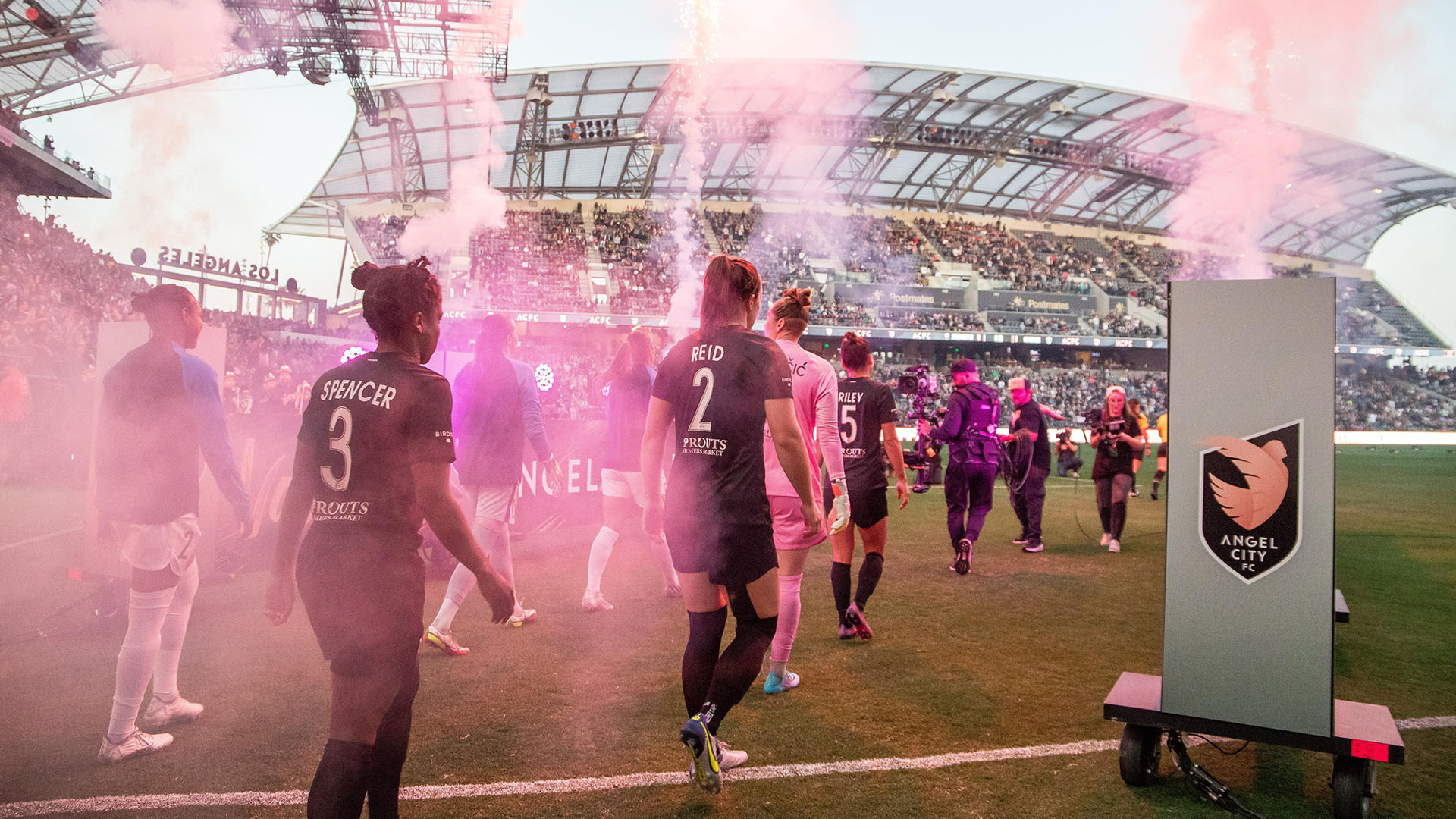
Nelson’s documentary follows Angel City through the highs and lows of its first year: from its establishment as a pseudo-start-up through to its inaugural season as an expansion team in the 2022 National Women’s Soccer League. The documentary highlights unusual and empowering moves the club is making to create a positive base from which to build. This includes things like investing ten percent of its revenue directly into community projects, and providing players with contracts that ensure they won’t be traded unless by their own choice. As someone whose major sports knowledge comes from half-heartedly playing social netball (emphasis on the social), I have to say I was taken aback by how gripping and genuinely inspiring I found the series.
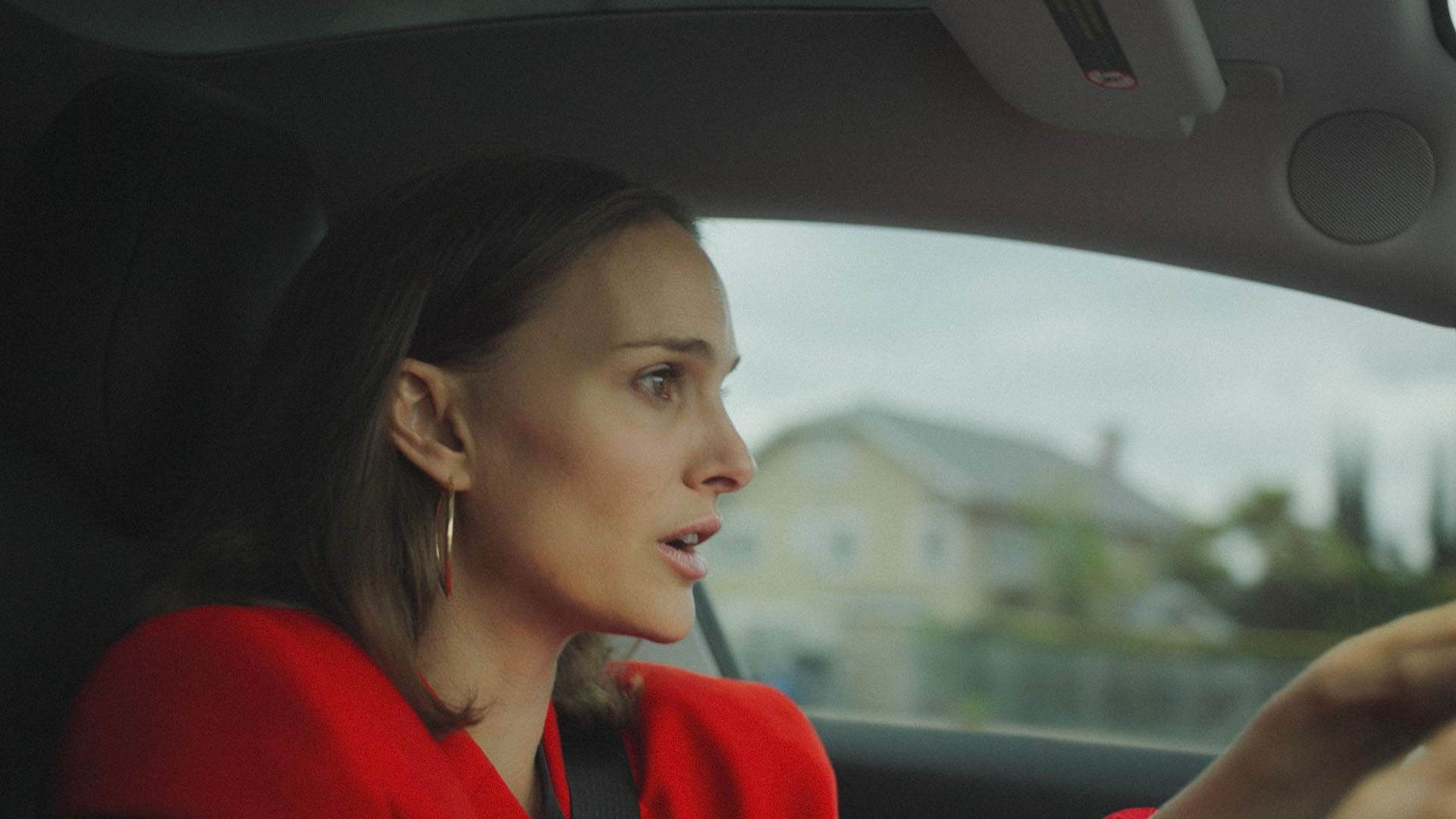
The docu-series starts with Portman, who in many ways is the face of the Angel City project. It was Portman who first dreamt up the idea for the soccer club. Like many other non-sports lovers, she found herself swept into the hype surrounding the last Women’s World Cup in 2019; when the US team took out the trophy while loudly campaigning for equal pay. Portman was struck by how excited her young son was to see players like Megan Rapinoe take to the pitch, and shocked by the pay disparity and general lack of support they received from the industry.
She reached out to Nortman, who she knew through work in the Time’s Up movement, to float the idea of creating a team predominantly owned and run by women, with the goal of creating a more equitable system for professional women’s sports. Nortman brought in Uhrman, who reached out to investor after investor until finally finding financial backing from Reddit co-founder, and husband of Serena Williams, Alexis Ohanian. From there, the inventorship snowballed—resulting in the star-studded, and women-dominated ownership group that acts as the club’s publicity drawcard.
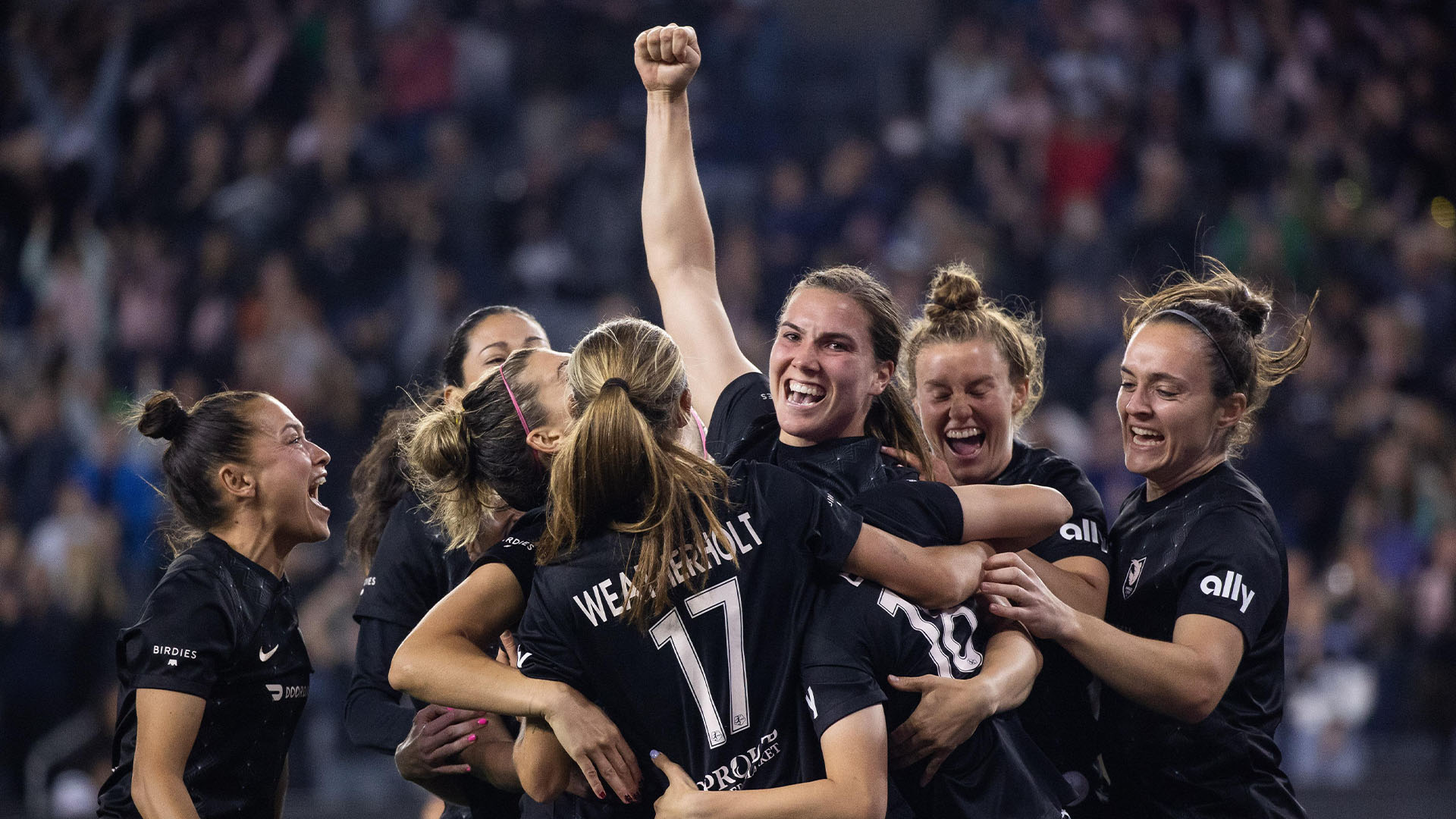
Throughout Nelson’s docu-series, there is a deliberate focus on the business structure of the club. Talking head interviews with the ownership group reveal an openness to use the team’s apparent La La Land glitz to its advantage. There’s an understanding from all the co-founders that if they want this project to be taken seriously at all, they need it to look like the coolest new thing in the Hollywood hills. As the figurehead, Portman is revealed to be an enthusiastic soccer newbie. She wields her star power expertly to corral support from her celebrity friends for the club, and is deft at drawing connections between the overlooked world of professional women’s sport and the gender inequality of the film industry.
The emotional heart of the documentary, however, comes from the testimony of players old and new. An early investor in the project, legendary American soccer player Abby Wambach voices her frustrations with the way women in the sport face layers of precarity. In a particularly moving scene, she speaks about the unexpected anger she felt when winning a Lifetime Achievement Award in 2016 alongside Kobe Bryant and Peyton Manning. For Bryant and Manning, their financial retirement was set in stone—meanwhile Wambach was scrabbling for how to pay her health insurance next month.

The documentary contrasts Wambach’s experience with the respect and autonomy Angel City players are afforded through their club. In one scene, goalkeep Didi Haračić notes that in her ten-year career Angel City is the first team to correctly use the diacritics in her surname on her playing strip. There’s a palpable pride from the players about being part of something with a mission statement of changemaking. As forward Simone Charley says, “I’m looking forward to the day when we can just play soccer, but I know we’re not at that part of the story right now. My job is to be a trailblazer: to fight for equality. I’m trying to do my best in that role.”
However, as the documentary shows, Angel City doesn’t always get it right. There’s pushback from fans when a male coach is initially tabled to lead the team, and a tense moment when an Angel City player reposts a statement from an American Footballer who is refusing to wear LGBTQ Pride patches on his kit. Notably bubbling away in the background is the 2022 independent investigation into the National Women’s Soccer League which found systemic abuse throughout the organisation and the sport.
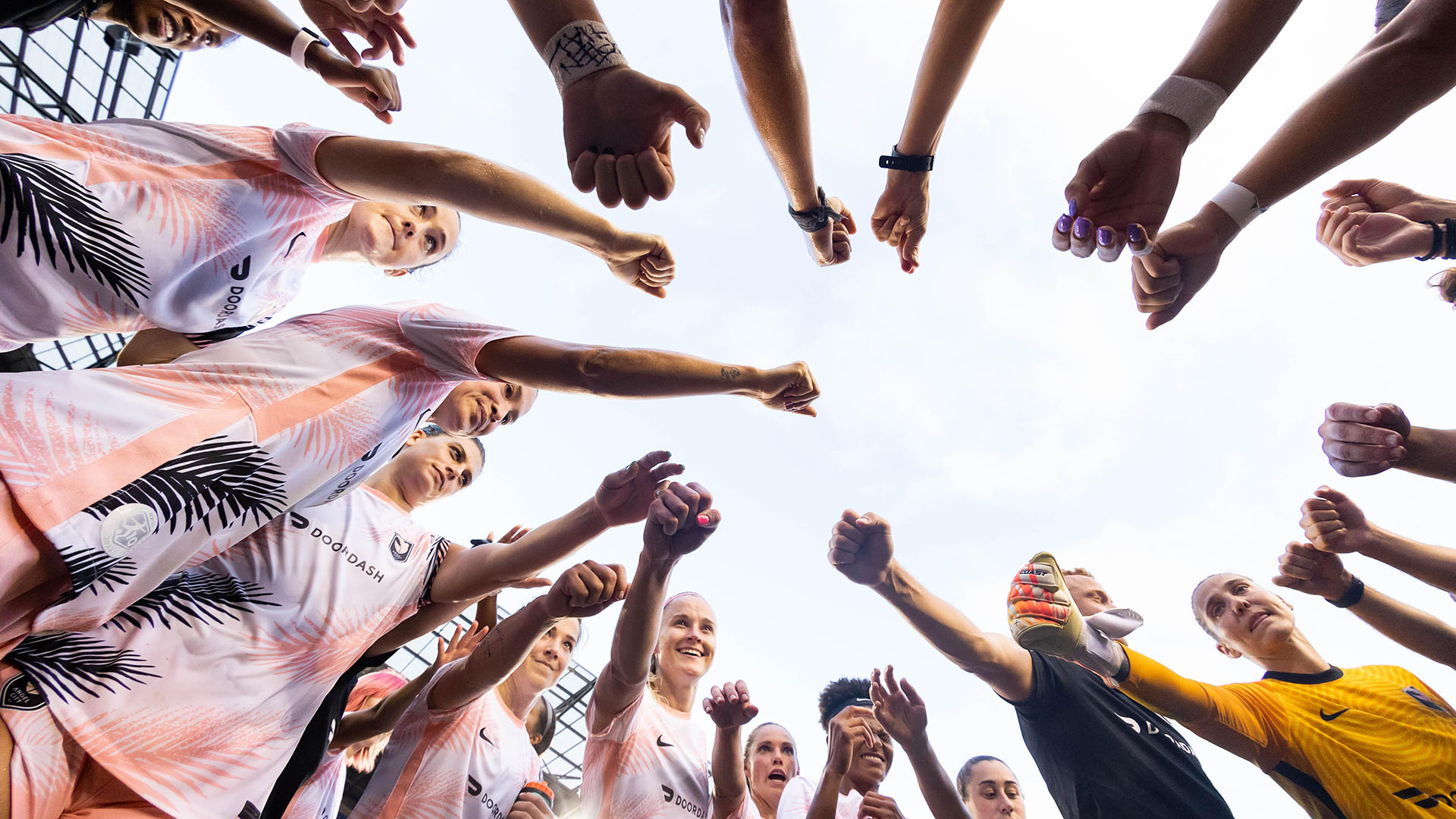
While the documentary could have spent more time with this difficult context, the eggshell treading around this is understandable. Angel City players are cagey and vague in their discussion of the topic: it’s clear that they see the club as a supportive (and perhaps fragile) bubble. Beyond this, their lives and careers are still very vulnerable to the failings embedded in the industry. Likewise, under their relentlessly positive exterior, we see flashes of this anxiety from team owners and management. A palpable tension rises as the club faces financial and sporting knocks which challenge its values-led foundations. If the Angel City FC experiment fails, a lot more than a soccer club stands to be lost.
Where Angel City FC sits in the bigger picture of the sport feels exciting, and I’m sure that the documentary could have easily been a show in six parts. Amidst the industry scandal, there’s a lot to be said for a story that centres the players and community. Nelson has indicated that she would love to come back to the club for a second season, and watching these initial three episodes, it feels like a pivotal moment for the world of professional women’s soccer. I for one certainly hope others tune in to see it.
